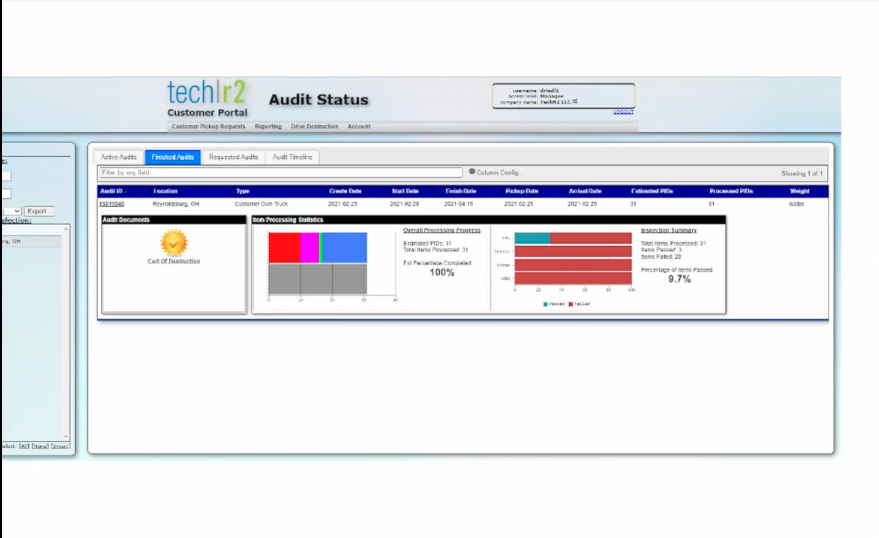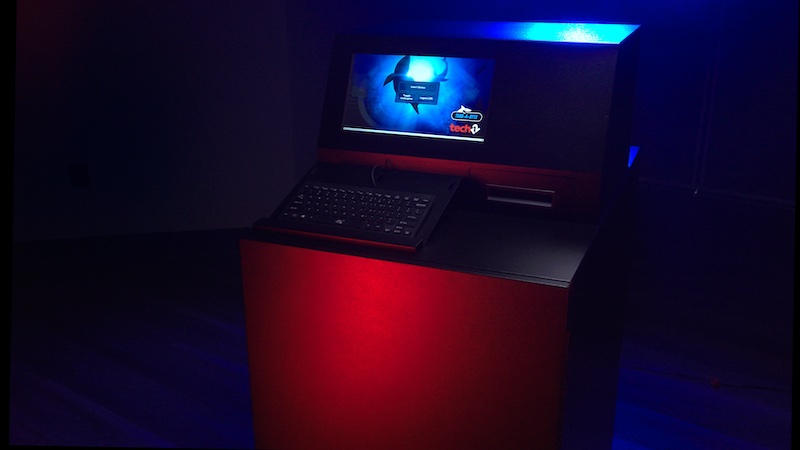Retiring point of sale terminals? Protect your data.
We’ve all been to the grocery store, tried to sign the screen for our credit card purchase, and watched as our careful signature is rendered as an illegible scrawl.
In-store credit card terminals and point of sale (POS) terminals don’t last forever. But what happens when they are retired? In many cases, these devices/terminals contain drives or memory cards that contain sensitive data.
Retiring credit card terminals and PCI compliance
Federal law governs the management and disposal of electronic terminals that collect, store or transmit personal and business financial data. If you do not have a thorough grasp of how to comply with federal laws and protect your data, you risk your company’s brand and reputation. Enlist professional help!
Seek out professionals at certified and PCI-compliant technology companies that can not only safely recycle your credit card terminals, but can also destroy the data and provide an audit trail to prove your compliance in case of a federal audit.
Onsite data destruction
Onsite data destruction is the best defense against loss of private data from loose media, retired desktops, laptops, POS terminals, mobile devices, flash drives, and failed server hard drives. For companies with credit card terminals in various locations, such as several retail stores, why risk rounding them all up in a private vehicle, which could be burglarized or damaged in an accident, sending terminals spilling out on the highway? It is easier and more secure to have your data destroyed onsite to federal standards right in the stores!
Is this a hassle? No.
Meet Tear-A-Byte®, TechR2’s solution to secure onsite data destruction. TechR2′s Tear-A-Byte® solution utilizes leading edge technology, providing secure containment and onsite data destruction with our NSA certified degausser.
For each project you will receive a serial number report and a certificate of destruction to store for future audits. This is critical in case of a suspected data breach. For state-funded institutions, it is even more critical to have a paper trail to prove your compliance with data security measures.
More complex jobs can take advantage of TechR2’s more advanced systems.
Are your hospital’s executives ignorant of the risks of data stored on flash drives, hard drives and other loose media? Be kind and inform them of recent court cases, and present simple and effective solutions such as the TAB®. Information about compliance with HIPAA and other federal guidelines governing data privacy can be found here.
[vc_row type=”grid” row_type=”section” bg_image_repeat=”repeat” padding_top=”24″ padding_bottom=”24″][vc_column dp_animation=””][vc_separator][/vc_column][/vc_row][vc_row type=”grid” video_bg=””][vc_column width=”1/2″ dp_animation=””][vc_widget_sidebar sidebar_id=”posts-footer-block-left”][/vc_column][vc_column width=”1/2″ dp_animation=””][vc_widget_sidebar sidebar_id=”posts-footer-block-right”][/vc_column][/vc_row]




